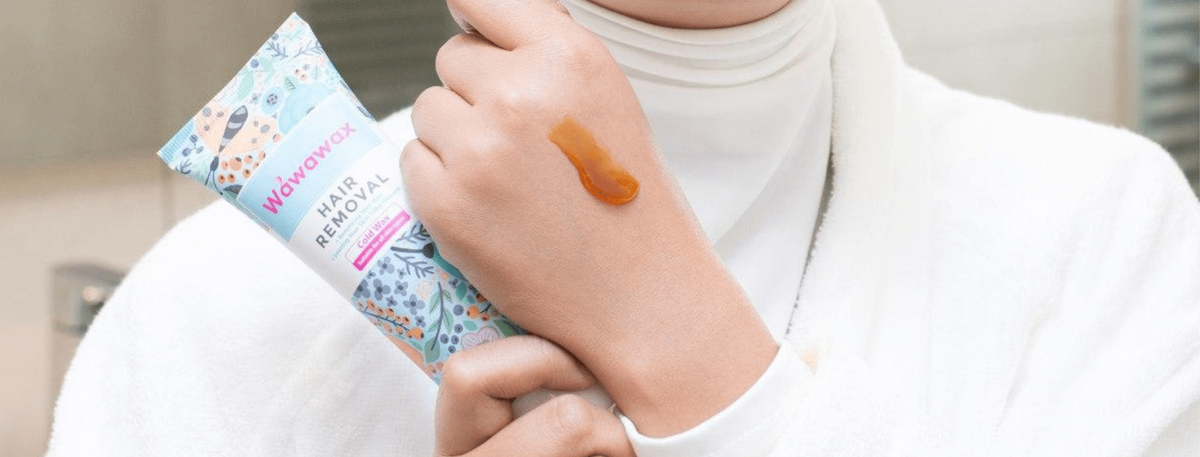
Waxing is one of the most well-known methods used to remove unwanted hair all over the body. Removing unwanted body hair is a common practice to maintain the cleanliness and freshness of our body. It is known that in Islam, purity is half of iman (faith), but is removing hair considered a part of hygiene practices that are permissible in Islam? In this article, we’ll dive into the rules of removing hair in Islam.
The Islamic scholars had categorised the rule of hair removal in Islam into three categories, which are:
Body Hairs Which Were Commanded to Be Shaved
Body Hairs Which Were Prohibited from Being Shaved
Hairs Which Were Not Mentioned in The Quran Or Hadith
Body Hairs Which Were Commanded to Be Shaved
Pubic hair
Armpit hair
Moustache
Body Hairs Which Were Prohibited from Being Shaved
Beards
Brows
Hairs Which Were Not Mentioned in The Quran Or Hadith
Chest hair
Calves
Thigh
Nose
Arms
Other hair which have no commands to keep them or prohibition in removing them
How about waxing in a spa?
Waxing is just one of the methods that is used to remove unwanted body hair, just like shaving, plucking, etc. Hence, there will be no problem for Muslims to choose waxing as a method to remove their hair. However, there are two things that need to be considered if you want to get waxed in a spa, which are aurah and the issue of khalwah (being alone with the opposite gender).
The issue of aurah
Aurah of a woman:
Among women: Between navel and knee
In front of non-Mahram men: Every inch of the body except face and palms.
Aurah of a man: between navel and knee
The waxing process can be done in the spa, but for some parts of the body (such as the private part), it’s not allowed because of aurah.
The issue of khalwah
The waxing process is done privately in a room to secure the client’s privacy. Hence, the issue of khalwah arose when the staff and the clients of different genders were in the same room alone.
